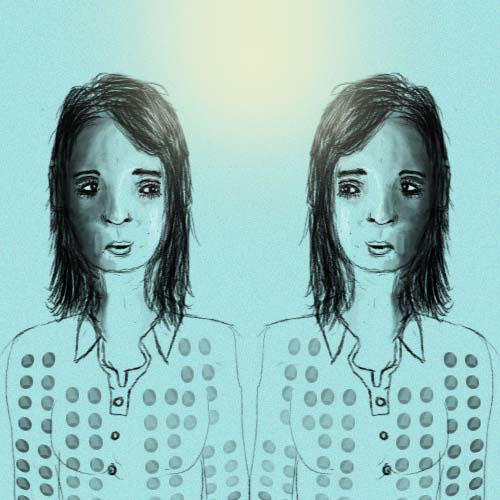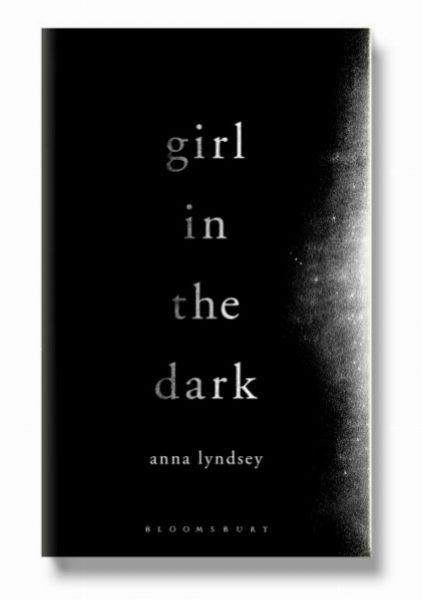As a historian first and foremost, I’ve always resisted the argument that there is something markedly distinct about loneliness in the twenty-first century, and that the global West, at least, is in the middle of a ‘loneliness crisis.’ Crisis is – or has been – the wrong word for several reasons.
To begin with, it implies a heightened urgency, a quantitative or qualitative shift in experiences. There is no clear evidence that this is true. Indeed, past societies framed their own anxieties about loneliness in strikingly similar ways. ‘Crisis’ also implies a moment of political and cultural flux, charged with transformative potential, whether good or bad.
The reality of loneliness over the last century is far more endemic and insidious. It has been visible (to the non-lonely, at least) in a series of fits and starts, with each generation of scrutiny and practice complicated and altered by a raft of historical contingencies; austerity policies or changing technologies being perhaps the most obvious. Attention wanes, empathy fades, and new ‘crises’ rise to the forefront of our consciousness. Most people have fundamentally made an uncomfortable peace with a world in which many other people are lonely, even if they work to mitigate that loneliness. It is no longer new, and rarely outrageous. It is usually just numbingly sad. With no crisis, no change. There never has been a moment in which anything could meaningfully and substantively change for the better.
There has already been much written on loneliness and COVID-19. My intention is not to replicate that valuable work. What is clear is that something very much like a genuine loneliness crisis is in the process of unfolding; in terms of severity, visibility, and the possibility for transformation. This crisis is caused by the COVID-19 epidemic, but is rooted in pre-existing contexts and histories, and entangled with both in messy and complicated ways. What I want to do here is to think through some of the more under-discussed implications of that entanglement, and begin to consider some potential responses. The intention is to move past some of the more usual points about the ill-effects of self-isolation and social distancing, or the good we can do by volunteering, checking in on people, and being kinder. Each of these are important conversations to have, but circumstances dictate that we need to go deeper.
***
Loneliness is endemic in society and has been for a very long time. This is the lens through which the current crisis has to be viewed. Understandably, there has been considerable discussion about who we might term the newly lonely, or newly at risk: previously well-connected people now having to wrangle with the very serious challenges posed by enforced isolation. There has also been increasing recognition that vulnerability to the effects of COVID-19 often coincides with vulnerability to loneliness, older adults being a case in point.

Chronic illness, disability, and homelessness each bring these two risks into similar proximity. There is a qualitative difference in how the COVID-19 crisis is experienced by people who have a reasonable chance of dying or becoming gravely ill. It is not just a global emergency, it is a direct, existential threat.
Regrettably, successful prevention of COVID-19 requires medium-term behavioural changes which make loneliness far more likely. This is (or should be) a relatively straightforward sacrifice to make for people who, mindful that some may die, suspect that they will probably be able to manage or mitigate these changes in one way or another.
When we consider loneliness as an endemic, pre-existing phenomenon, however, things become muddier. There are many people, including those to whom COVID-19 is an existential threat, who are unable to bear the possibility of feeling even lonelier than they already do. Loneliness has been an existential threat to them for a long time, and may provoke far more fear and anxiety than the possibility of infection.
In a situation where everything seems to shift from moment to moment, it can be difficult to get to grips with divergent temporalities. There are many people for whom the broad, public, collective timeline of COVID-19, the period in which it is understood as a global emergency, marks neither the beginning nor the end of their loneliness. It will certainly condition and alter it, and may even make some aspects more bearable. In my work on loneliness among university students with the sociologist Charlotte Jones, the students frequently speak about the yawning gulf between expectations and reality, and the shame and fear that everybody else is living this hyper-social, gregarious cliché. Suffering is individualised and compartmented, rendered personal when it should be political. At a time where experiences of isolation are at least superficially collective, this dimension could be dramatically lessened.
The solidarity and creativity stemming from this collective trauma, too, might well be of use. It may also be jarring to see neighbours who were previously distant offering support, or colleagues adopt strategies and technologies for communication which could have made a real difference earlier on. It will certainly be galling to worry that these things won’t last, to have little trust in their longevity beyond the immediate perception of need.

It is intolerable to put people with lived experience or heightened risk of serious loneliness in isolation without direct engagement with what that might mean to them and how it might be managed. Isolation in Britain is now compulsory, and the police have been granted powers to enforce it. Particularly now, there needs to be an immediate recognition that some people will find the government’s instructions almost impossible to comply with.
Not everybody who tries to maintain or replicate a semblance of their usual routine is selfish. For many, contact with friends or family members, the occasional drip of passing interaction, even just being around other people and feeling part of a shared humanity, can be a lifeline with vital psychological significance. Our response is that they should stay at home anyway – given the circumstances, this is broadly correct. But this has to come with the mindfulness that in some instances we are asking people to face unimaginable pain and suffering, and be accompanied by the all-important question: what can be done?
I don’t want to frame loneliness as a barrier to the effective containment of COVID-19. That positioning has the potential to do sinister work. The point is that nobody should ever have to choose between isolation which is unbearable and their ethical responsibility to avoid contact with others in a pandemic. Unbearable loneliness, which many people can expect to feel over the coming months, has a series of possible outcomes. It could cause them to break their isolation – sit in judgement on that if you can. It could also cause a rapid deterioration in mood or mental state, which may or may not be survived.
We are all reaching out to people we know that we think might need help. Many of us are volunteering, joining mutual aid societies, and doing far more for others than we usually might. This is all the more significant because it goes against the grain of the persistent neoliberal message – heightened by the pandemic – that other people can be reckoned with primarily as sources of risk and competition. The positivity around these good deeds is a welcome antidote to the constant tallies of infection and fatality, but with the best will in the world, it is not enough and it never will be. The UK government has a containment strategy, and an economic strategy. It needs a strategy for loneliness and mental health in the unique context of COVID-19, with research-led planning, engagement with multiple publics, serious funding for projects and services, and meaningful cut-through as quickly as can possibly be managed.
***
The loneliness caused or exacerbated by COVID-19 will outlast COVID-19. Although it seems dissonant to think about what comes after a crisis that is barely beginning, we know that loneliness is not just a response to external circumstances, apt to dissipate without harm when those circumstances change.

When Anna Lyndsey wrote of the ‘deformations of solitude’ in her 2015 memoir, Girl in the Dark, she gestured to a sense of being alone as a fundamentally transformative process. Loneliness is an experience by which people can be changed, with far-reaching consequences across the life course.
Habits of sociability and gregariousness can wither or be broken and new habits of avoidance and reticence spring up in their place; an earnest desire for withheld connection can shift into alienation and estrangement. When the emergency measures lift, many people will not feel able to re-enter their lives as if nothing had happened, as if they had never felt so alone. This fraught and difficult return needs to be planned and provided for.
Others will have no meaningful social lives to re-enter. Many will be bereaved, mired in a miserable mix of loneliness and grief. Many more will have been lonely before, with no expectation of things improving. If the society we had before COVID-19 is the model for what we attempt to reconstruct, then this watershed will have passed with its transformative potential spent.
Imagining post-COVID-19 futures requires a speculation about precisely what changes these intertwined crises could be catalysts for. The virus has certainly laid bare the fragility of many of our institutions and safety-nets, and underscored a series of damning ethical and political failures. Some protections which have been put in place are long overdue regardless of COVID-19. The hope is that they will be hard to withdraw later, and that COVID-19 will shine a light on other longstanding injustices and force a public and political confrontation of them, that this will somehow transform the societies that have lost so much. In this future, we continue to care for one another as fiercely as we will over the coming months. This is still a possibility, but it is one that must be tirelessly worked for.
Fred Cooper (@drfredcooper) is a Research Fellow at the Wellcome Centre for Cultures and Environments of Health at the University of Exeter.